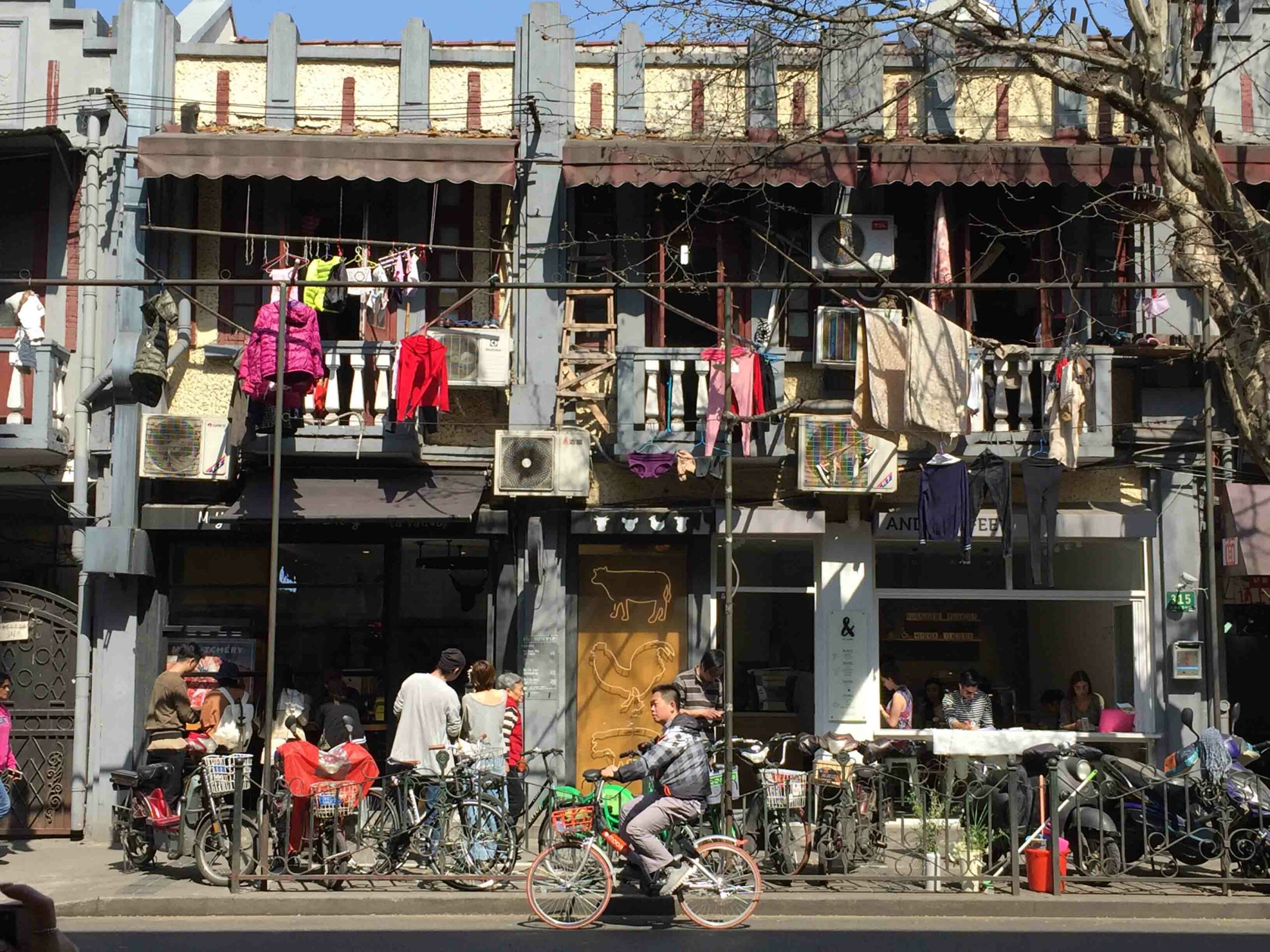Researching current urban regeneration approaches in China and how they impact the lives of those who live in cities.
Following four decades of reform, China has lifted millions out of poverty. Nevertheless, the social costs of the country’s growth-oriented agenda have long been scrutinised, with phenomena such as rapid urbanisation being one of the most transformative forces in this process. Under the umbrella of quality of life improvements, state-led urban regeneration projects have been criticised for their focus on selective physical upgrading, large-scale demolition, and relocation. However, recent paradigm and policy shifts are pointing towards increased governmental interest in promoting wellbeing-oriented urban development: a response aligned with global efforts to define new directions for evaluating human progress.
This research project therefore identifies the need for further enquiries into current urban regeneration approaches in China. It also addresses the necessity to construct new assessment frameworks, tailored to the political, socio-economic and cultural specificities of the country. In this sense, the thesis explores how the concept of ‘wellbeing’ is understood and integrated in the context of current urban regeneration schemes in China.
Towards this aim, the research employs qualitative methods such as systematised literature reviews, interviews and observation. It begins by constructing a theoretical framework for wellbeing in urban transformation, where wellbeing happens at the nexus of processes and socio-spatial outcomes of regeneration. The framework is contextualised by analysing engagements with the concept of wellbeing in China, revealing a complex picture of urban China in transition – one where wellbeing lies at the convergence between the legacy of collectivism, and the rise of individualism. This is followed by a review of Chinese urban regeneration mechanisms in the last three decades, focusing on three case studies from Shanghai, Beijing and Guangzhou. Finally, the study explores the ways in which practitioner understandings of wellbeing are being materialised into current practices, revealing the emergence of new actors, innovative governance mechanisms and place-based solutions.
[PhD supervisors: Dr Giulio Verdini, Prof. Johan Woltjer]
